Promising engineer from Karachi makes a splash by setting fastest fish in motion
Anwel and his team create Vayu, a robot that swims 50 metres in 26.79 secs, breaking world record
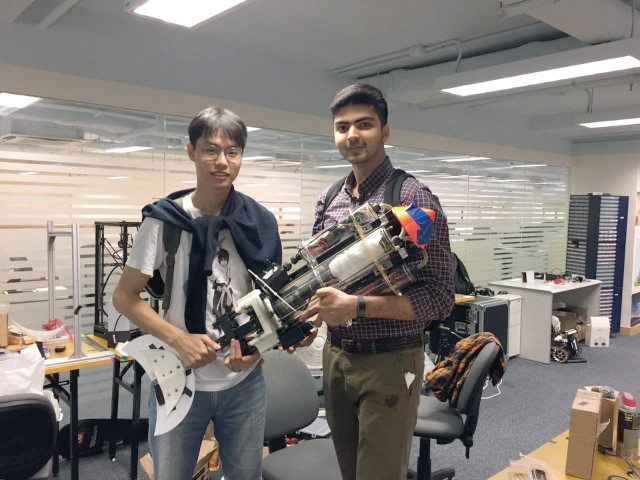
Muhammad Saad Shahid Anwel, along with his team at the University of Hong Kong, created the fastest underwater robot, smashing a record previously held by MIT. Photo: express
Moving forward many years, at the age of 20, Anwel has smashed a world record, yet again stealing the show by making with his team the fastest underwater robot — a replica of a fish that is able to zip through oceans, opening doors to new modes of research and climate action.
Formative years
The eldest of his siblings, Anwel had taken a liking to technology since early childhood. In fact, it was his love for everything that had to do with computers and machines which led to him winning a robot competition while he was still in school.
In the years to come, still in his teens, he would design a curriculum based on the Science, Technology, Engineering and Mathematics education system — commonly called STEM — for A’ Level students at his school. The curriculum was designed so that the many students to whom it was taught, following in Anwel’s footsteps, went into the field of robotics and were widely appreciated for their work by the industry experts.
Anwel, however, had bigger dreams.
On the basis of his impressive academic record, he was offered a scholarship at the University of Hong Kong, from where he graduated with a degree in computer engineering. This is where his journey to breaking a world record began.
Pakistan should focus on urban touris
Setting a record
At the university, Anwel was enamoured of biomimicry creations - robots that ape living organisms characteristics and features. He actively participated in several such projects and got an opportunity to join a team, working on creating a robot fish named Vayu, as a computer engineer.
Previously, teams from different batches preceding that of Anwel’s had worked on the project but it was Anwel and his team that upgraded it so that they broke a Guinness World Record on January 23, 2020, held by the Massachusetts Institute of Technology. The robot fish was now the fastest underwater bot.
Agile and worthwhile
Vayu moves using mechanical fins, which work differently than propellers, preventing it from getting entangled in underwater plants. Operating on a lithium-ion battery and able to stay underwater for eight to 12 hours, it can swim 50 metres in just 26.79 seconds. But speed is not its only merit.
According to Anwel, it is one of the best means for underwater surveillance and environmental study.
“It can be used for studying the effects of environmental pollution, conducting research on marine life and underwater surveillance,” he said, adding that the robot could also be used for identifying problems in dysfunctional vessels, helping with their repair and eventually benefitting the shipping industry.
However, Anwel aims to further improve the functionality of the robot fish. He believes that installing sensors can increase its efficiency.
The way forward
He also looks forward to doing a PhD in computer science, with a focus on swarm robotics - an approach to designing multiple robots that work in a coordinated and decentralised way, using artificial intelligence and with the least possible human interference.
After gaining experience of working at various renowned companies in the field, he then wants to put his experience, skills and learning to the benefit of Pakistan, promoting technology in the country. He believes that technology can be used to combat marine pollution and climate change in Pakistan, besides using robots to make advancements in the fields of agriculture, manufacturing, logistics and healthcare.
Anwel also intends to establish his own technology company in the future.
This story is part of a weekly series that seeks to bring to light the unsung heroes of Karachi - the hawkers, traders, doctors, teachers, engineers, lawyers and daily-wage labourers. It is they who make Karachi the city of lights.
Published in The Express Tribune, February 24th, 2020.


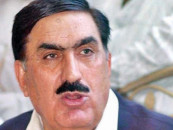

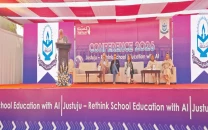
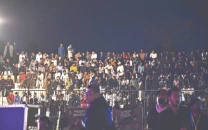
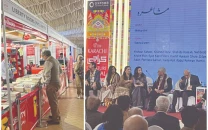












COMMENTS
Comments are moderated and generally will be posted if they are on-topic and not abusive.
For more information, please see our Comments FAQ